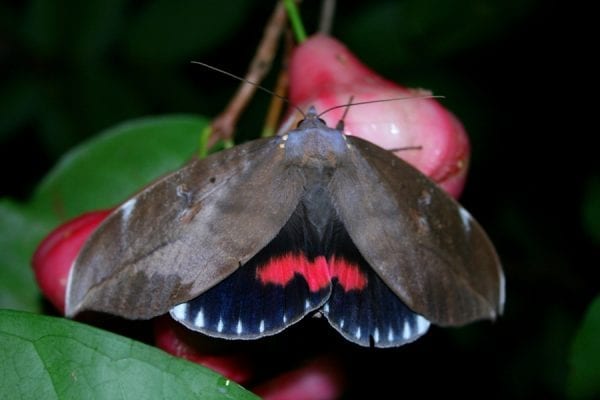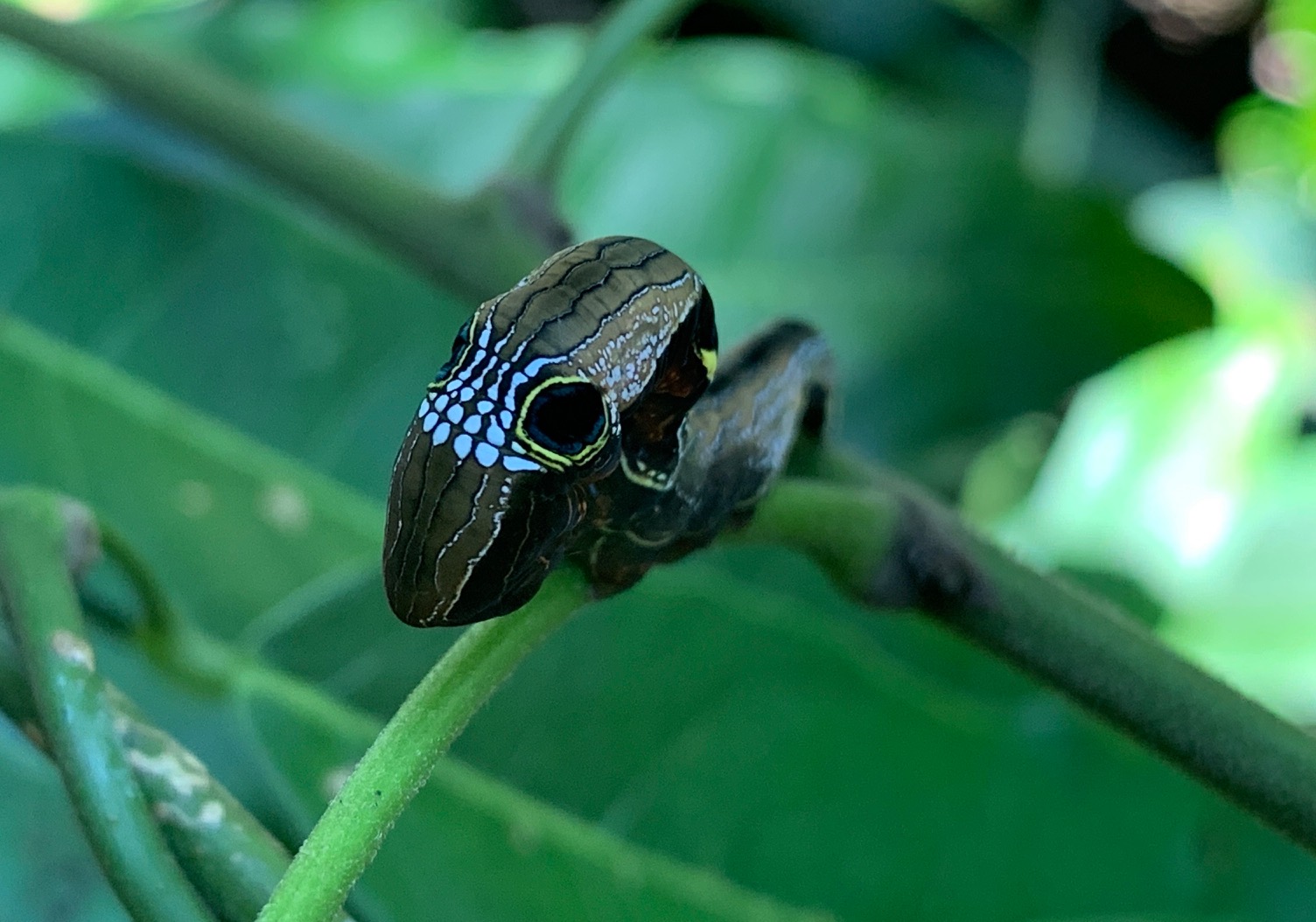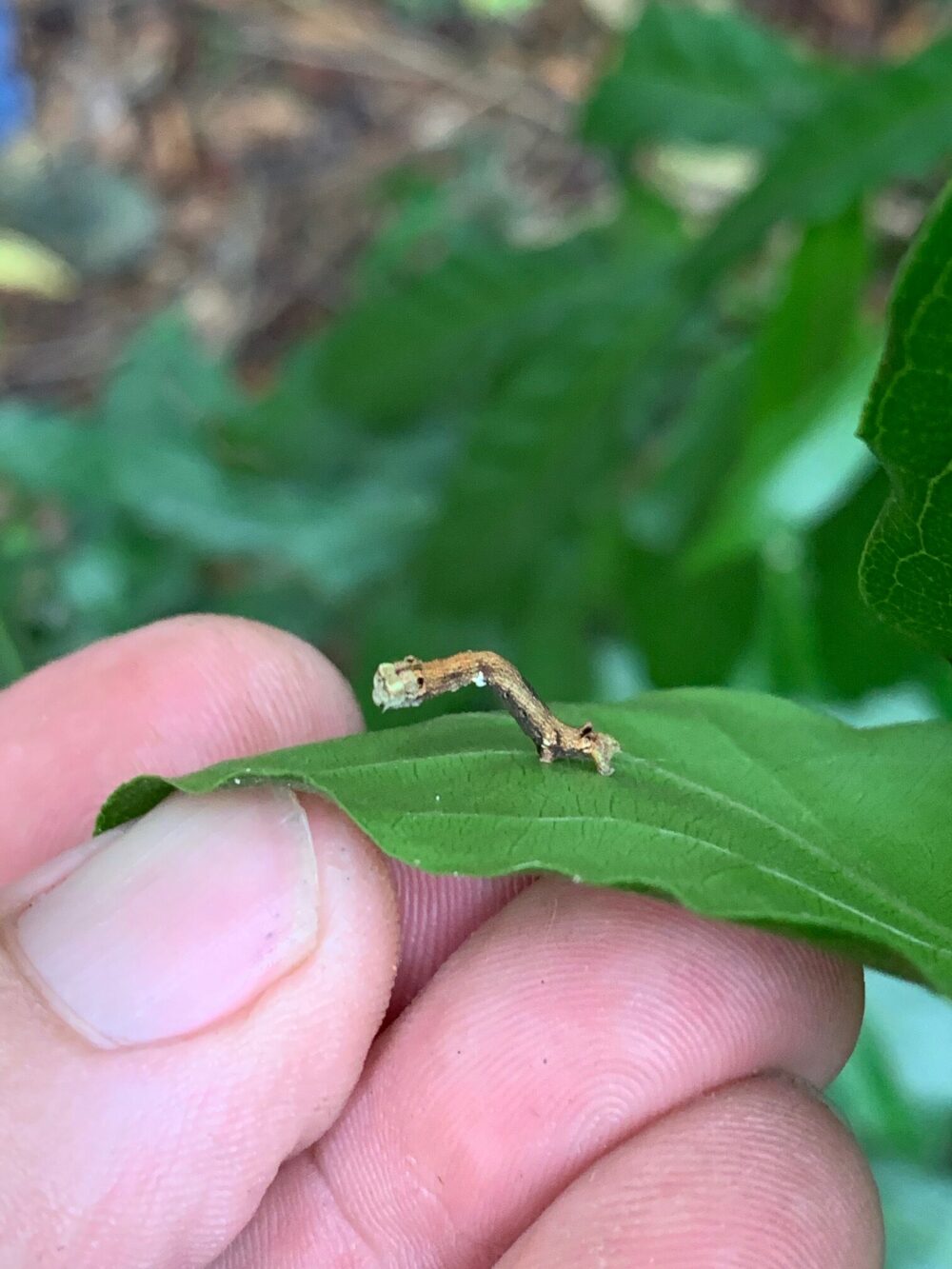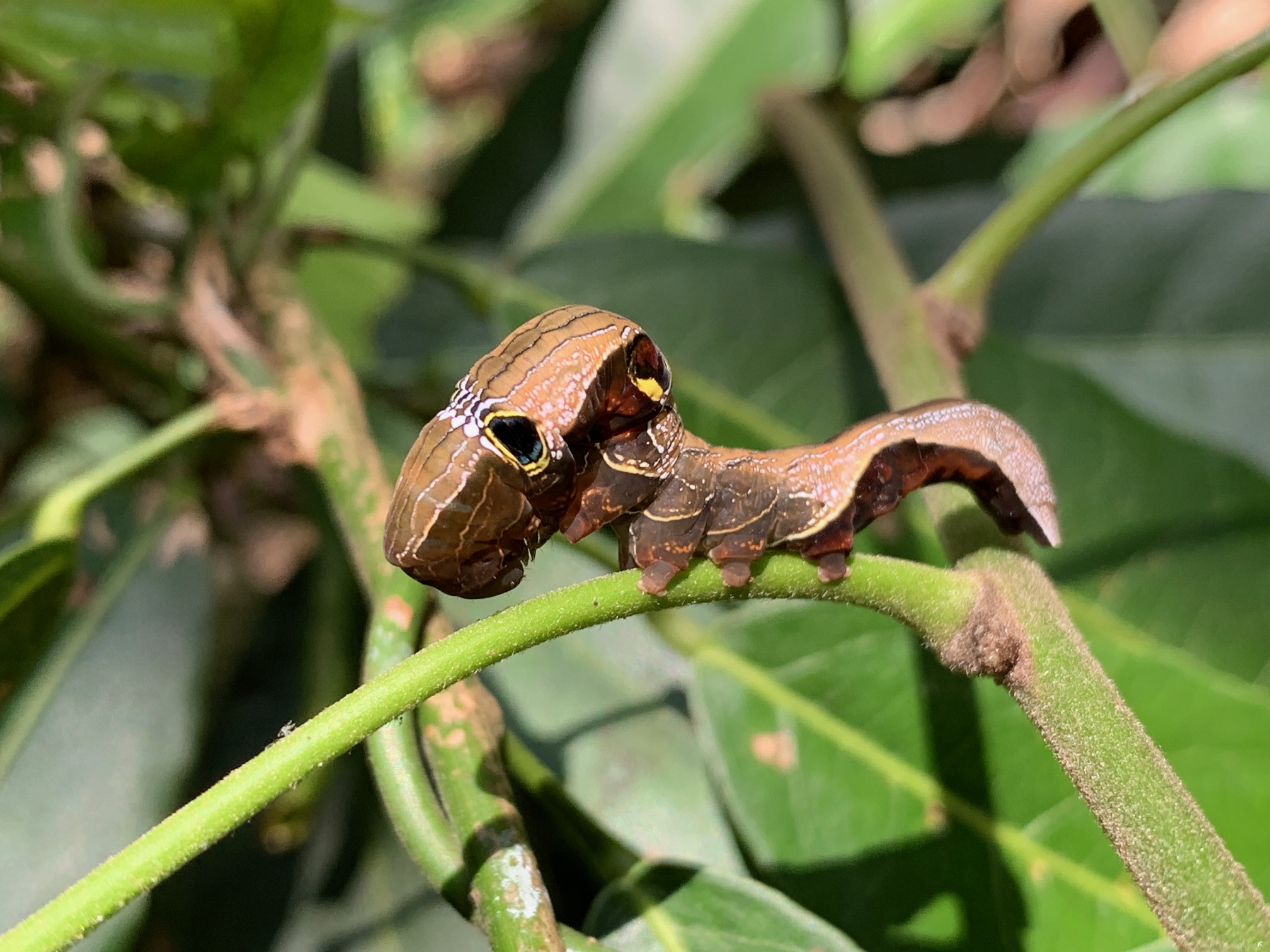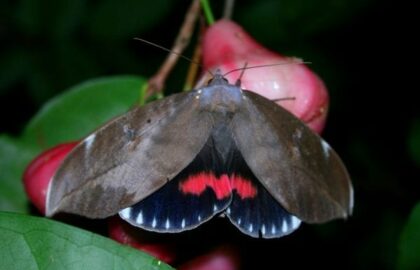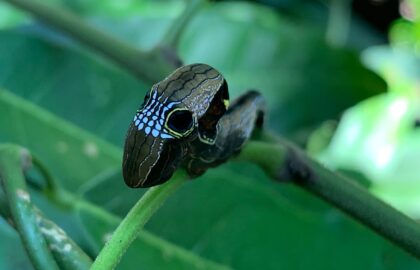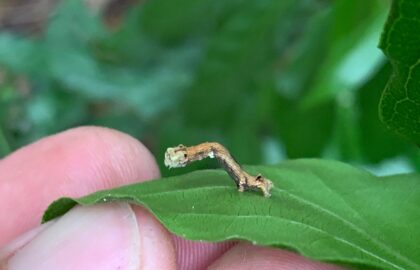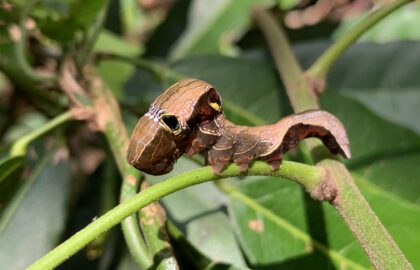Southern Pink Underwing Moth Habitat Restoration
Improving the breeding habitat of the Southern Pink Underwing Moth in Northeast NSW
Australian Government
Service Classification/s:
Northeast, NSW

Overview:
The Southern Pink Underwing Moth (Phyllodes imperialis smithersi) and its food plant Carronia multisepalea stronghold occurs in critically endangered Lowland Rainforest of Subtropical Australia the Northern Rivers regions of NSW.
This project supports professional bush regenerators to systematically control weeds degrading rainforest at 11 sites where Carronia multisepalea and Southern Pink Underwing Moth larva are known to occur.
Project partners include NSW National Parks and Wildlife Service, Traditional Owners, Rous County Council, Big Scrub Landcare and the local community.
Project sites are areas of high biodiversity and conservation significance including World Heritage listed Nightcap National Park and Big Scrub Rainforest remnants.
Outcomes:
Bush regeneration to control weeds improves the breeding habitat of the Southern Pink Underwing Moth over 500 ha while also assisting recovery of critically endangered lowland rainforest of subtropical Australia and habitat for over 28 other threatened species.
Surveys for Southern Pink Underwing Moth larva are undertaken in the breeding season at known locations of host plant, Carronia multisepalea. Surveys contribute to knowledge of the species and its trajectory which assist with future management.
Survey and mapping of locations of the host plant, Corronia Vine, are underway in Big Scrub rainforest. Bush regeneration works have commenced to restore habitat in areas of Corronia Vine. It is expected that surveys for Pink Underwing Moth larva in coming months will provide further information about the distribution and ecology of this rare species to assist with future management.
This project is supported by the Australian Government through its Environmental Restoration Fund – Threatened Species Strategy Action Plan – Priority Species Grant
Click on the image to enlarge


